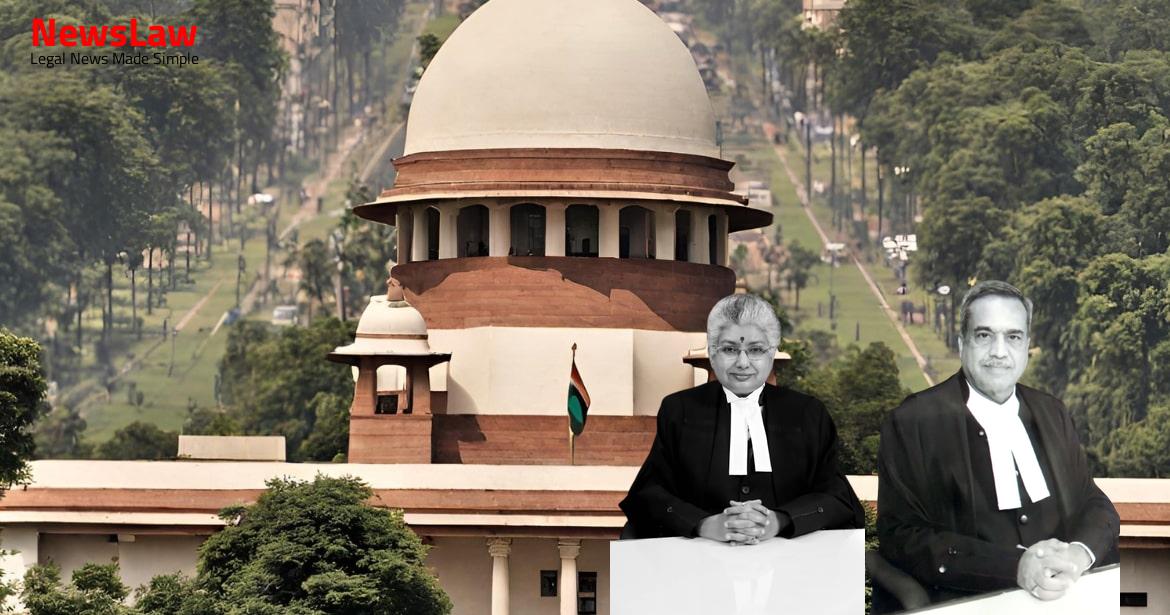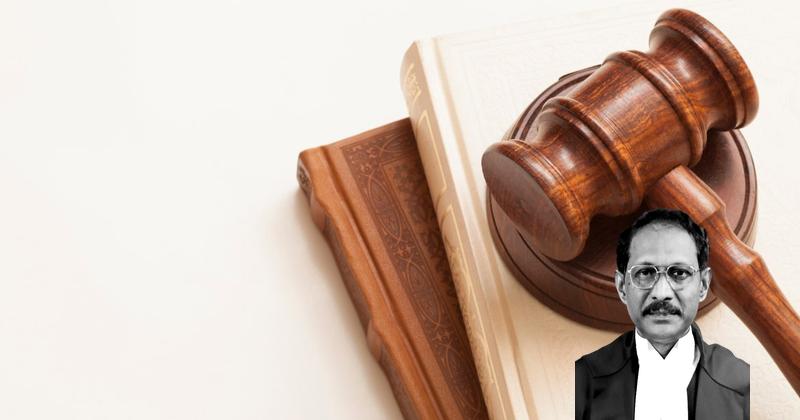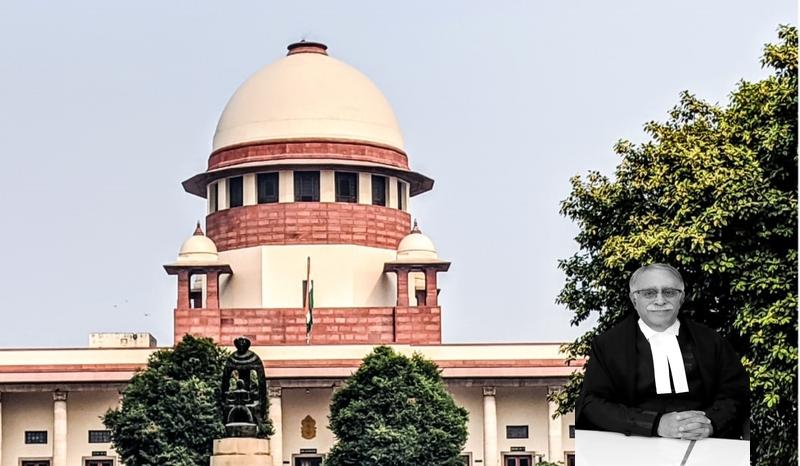Delve into the intricate legal analysis conducted by the court in a recent double murder conviction case. The court’s in-depth examination of witness testimonies and circumstantial evidence played a pivotal role in upholding the conviction. Stay tuned to explore the nuances of this significant legal decision.
Facts
- The appellant, an original accused, is dissatisfied with the judgment of the High Court confirming the conviction under Sections 302, 307, & 328 of the IPC.
- The prosecution claimed that the appellant and a co-accused, Jagrutiben, were in love.
- The High Court dismissed the appeal and upheld the conviction and sentence imposed by the Trial Court.
- The sole eye-witness, Rajdeep, survived an attempt on his life and testified against the accused.
- The Trial Court relied on the witness testimony and circumstantial evidence to convict the accused.
- The accused was sentenced to life imprisonment and fines for various offences under the IPC.
- The accused, feeling aggrieved, appealed the Trial Court’s decision to the High Court.
- The prosecution heavily relied on the deposition of the child witness Rajdeep.
- Rajdeep survived the incident despite attempts to kill him by strangulation.
- A bottle of pesticides was recovered from the place of occurrence and collected as evidence.
- The FIR was lodged based on Rajdeep’s dying declaration recorded on 05.03.2009.
- The appellant accused purchased the pesticide bottle found at the scene of the crime.
- The accused pleaded not guilty and was tried for the offenses.
- The post mortem reports confirmed that the cause of death for Simbhiben and Mukesh was asphyxia from strangulation.
Also Read: Challenging Legal Presumptions in Negotiable Instrument Cases
Arguments
- Appellant’s counsel argues that the High Court erred in confirming the conviction based solely on the deposition of a witness who gave inconsistent statements.
- No motive was proven for the accused to commit the murders.
- The prosecution’s introduction of the pesticide story is deemed unbelievable as a key witness did not identify the accused.
- The appellant was convicted based on the deposition of a witness who turned hostile, while most other witnesses also turned hostile.
- Both Trial Court and High Court were said to have erred in convicting the appellant based on unreliable witness testimony.
- The conviction of the accused is sustainable based on the evidence presented.
- A bottle of pesticide purchased by the accused was found at the place of occurrence.
- The pesticide was found on the clothes of the deceased, indicating an attempt to administer poison.
- The accused also attempted to kill witness Rajdeep by strangulation, who survived and is an eye-witness.
- No error was committed by the Trial Court in convicting the accused based on the eye-witness testimony of Rajdeep.
- The injuries of witness Rajdeep were established by the prosecution through a doctor’s examination.
- The accused failed to explain his presence and purchase of pesticide at the place of occurrence.
- Rajdeep’s initial statements may have had contradictions due to his mental state and presence of co-accused, Jagrutiben.
Also Read: Legal Analysis of Admission Irregularities in Educational Institutions
Analysis
- Accused’s name not disclosed in witness statements.
- Accused may not be convicted based solely on witness Rajdeep’s testimony.
- Accused implicated by recovery of pesticide bottle purchased by him.
- Conviction based mainly on witness Rajdeep’s deposition.
- Witnesses cross-examined by accused but fully supported prosecution.
- Rajdeep’s statements evolved over time, with accused’s name mentioned later.
- Further evidence needed to directly link accused to the crime.
- Possibility of coercion or threat due to presence of co-accused during earlier statements.
- Double murder case with significant reliance on witness testimony.
- Purchase of pesticide by accused proven.
- Repeated statements of witness Rajdeep analyzed for consistency.
- The accused failed to explain incriminating material/circumstances against him.
- Evidence supporting the accused’s guilt includes the purchase of pesticides and their discovery at the scene of the crime.
- The Trial Court and High Court did not err in convicting the accused for the murders of Simbhiben and Mukesh.
Also Read: Legal Analysis: Driver Appointment Dispute
Decision
- The present appeal fails and is dismissed
- The conviction and sentence imposed by the Trial Court are confirmed
- The decision of the High Court is affirmed
Case Title: HAJABHAI RAJESHIBHAI ODEDARA Vs. THE STATE OF GUJARAT (2022 INSC 704)
Case Number: Crl.A. No.-000644-000644 / 2022



